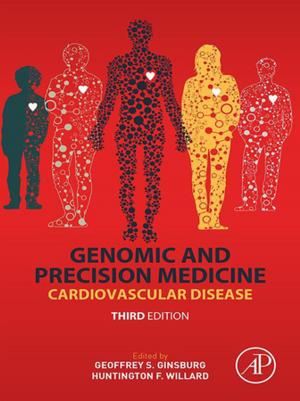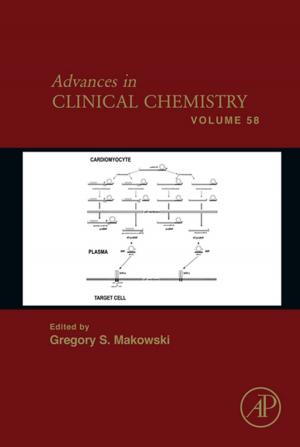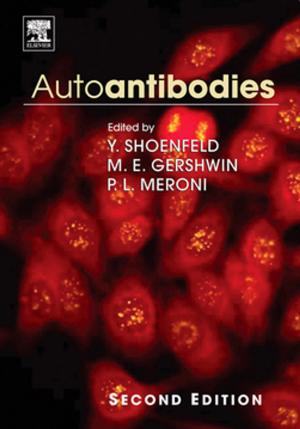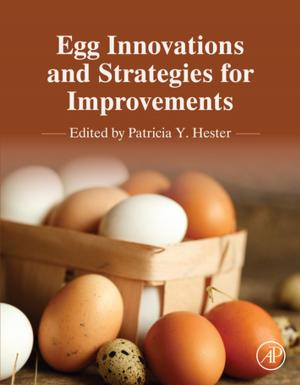The Physiology of Insecta
Volume I
Nonfiction, Science & Nature, Science, Biological Sciences, Zoology| Author: | ISBN: | 9781483266619 | |
| Publisher: | Elsevier Science | Publication: | October 22, 2013 |
| Imprint: | Academic Press | Language: | English |
| Author: | |
| ISBN: | 9781483266619 |
| Publisher: | Elsevier Science |
| Publication: | October 22, 2013 |
| Imprint: | Academic Press |
| Language: | English |
The Physiology of Insecta, Second Edition, Volume I, is part of a multivolume treatise that brings together the known facts, the controversial material, and the many still unsolved and unsettled problems of insect physiology. Since the first edition of this multivolume treatise was published, there has been a notable expansion of scientific endeavor in each of the various aspects of insect physiology. The original three-volume work has now grown to a thoroughly revised six-volume treatise.
The present volume contains six chapters and begins with a discussion of the biology of the Insecta. This is followed by separate chapters on the structure and origin of the female reproductive system; the control of oogenesis, semen production, sexual behavior, and ovipostion; physiological and biochemical changes during insect development; insect endocrinology; and aging in insects.
The Physiology of Insecta, Second Edition, Volume I, is part of a multivolume treatise that brings together the known facts, the controversial material, and the many still unsolved and unsettled problems of insect physiology. Since the first edition of this multivolume treatise was published, there has been a notable expansion of scientific endeavor in each of the various aspects of insect physiology. The original three-volume work has now grown to a thoroughly revised six-volume treatise.
The present volume contains six chapters and begins with a discussion of the biology of the Insecta. This is followed by separate chapters on the structure and origin of the female reproductive system; the control of oogenesis, semen production, sexual behavior, and ovipostion; physiological and biochemical changes during insect development; insect endocrinology; and aging in insects.















